Red food coloring
bug_key
17 years ago
Featured Answer
Comments (15)
kristin_williams
17 years agogypsygirl_ky
17 years agoRelated Professionals
Palm Springs Landscape Architects & Landscape Designers · Signal Hill Landscape Architects & Landscape Designers · Garden City Landscape Architects & Landscape Designers · Darien Landscape Contractors · Kearny Landscape Contractors · Milford Landscape Contractors · Soddy Daisy Landscape Contractors · View Park-Windsor Hills Landscape Contractors · Watertown Landscape Contractors · 07920 Landscape Contractors · Reisterstown Landscape Contractors · Sun Valley Landscape Contractors · Dracut Decks, Patios & Outdoor Enclosures · Midlothian Decks, Patios & Outdoor Enclosures · Randallstown Decks, Patios & Outdoor Enclosuresghoghunter
17 years agotzunun
17 years agokristin_williams
17 years agomotherhummer
17 years agojobird
17 years agohummersteve
17 years agopenny1947
17 years agocontact_caribkiteboarding_com
13 years agoBrian Onge
8 years agoshillanorth Z4 AB
8 years agoDonna R
8 years agoAngela Marie
8 years ago
Related Stories

ARTFood Art Adds Flavor to Rooms
Scrumptious paintings and prints in mouthwatering colors show off your good taste way past the kitchen
Full Story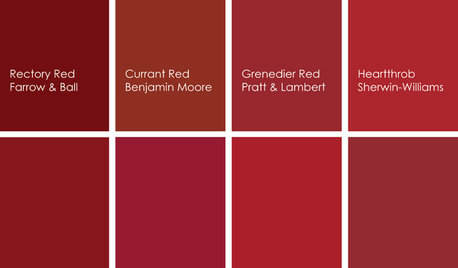
KITCHEN DESIGNCooking With Color: When to Use Red in the Kitchen
Candy Apple Red, Red Licorice and more for your kitchen walls, cabinets or island? The color choices are as delicious as they sound
Full Story
KITCHEN DESIGN2012 Color Trends: Using Red in Your Kitchen and Bath
Fiery hues bring high drama home
Full Story
FARM YOUR YARD6 Things to Know Before You Start Growing Your Own Food
It takes time and practice, but growing edibles in the suburbs or city is possible with smart prep and patience
Full Story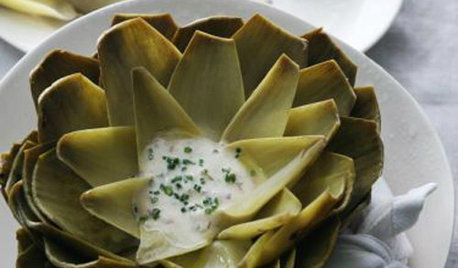
The New Simplicity: Today's Style for Food and Home
Make yourself at home with a more relaxed style at the table — and in interior design
Full Story0
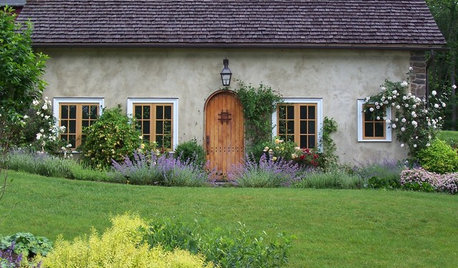
SMALL SPACESCottages: The Comfort Food of Architecture
Soul satisfying and as snug as a favorite sweater, a cottage knows how to roll out the welcome mat
Full Story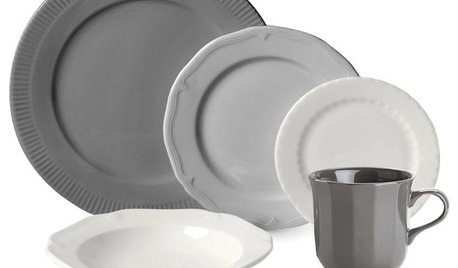
PRODUCT PICKSGuest Picks: Subtle Gray Tableware Gives Food the Spotlight
Let your holiday feast stand out against understated gray and silver dishes, platters, linens and cutlery
Full Story
FRONT YARD IDEASWelcome Edibles Into the Front Yard for Fresh Food and More
Give your front yard design a boost and maybe even make new friends by growing fruits and vegetables
Full Story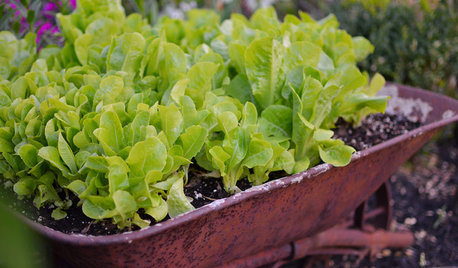
GARDENING GUIDESYes, You Can Grow Food in a Shady Yard
Your shady garden doesn’t have to be forever barren. Berries, herbs and other shade-loving plants can produce a delicious bounty
Full Story
KITCHEN DESIGNWorld of Design: Favorite Recipes From Food Lovers Around the Globe
Travel with your tastebuds and experience for yourself these international foodies' favorite dishes
Full Story





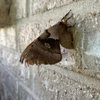
fran400